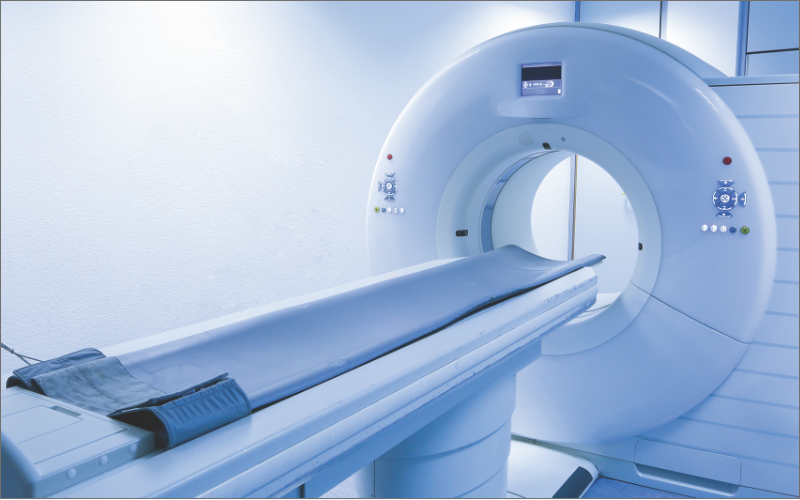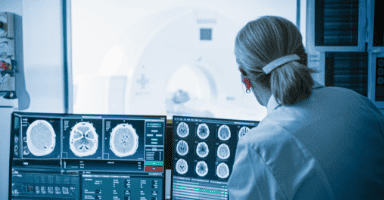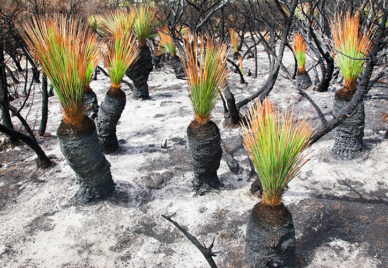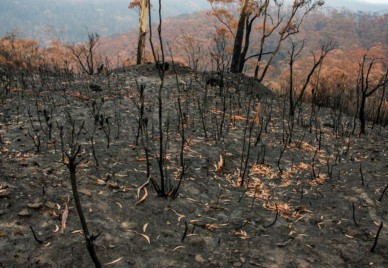
The Challenge
The Health Studies Australian National Data Asset (HeSANDA) program is building national infrastructure to support the sharing and reuse of sensitive health research data. It is part of the ARDC People Research Data Commons initiative, which is developing, operating and coordinating national-scale capabilities to support digital health research and translation.
Enabling access and reuse of clinical trials data allows for better insights about the effectiveness of health interventions and therapies, which allows for health guidelines and treatments to be improved as exemplified by the collaborative response to the COVID-19 pandemic.
While the potential benefits are significant, as is the case with most health data, the sharing and reuse of clinical trials data are limited by the diverse approaches to data governance and management used by trials in Australia.
The Response
Our HeSANDA Clinical Trials projects are delivered in partnership with the Australian clinical trials community to develop and implement national data standards.
Consultations with the research community and key stakeholders identified priorities, requirements, and guiding principles for a new national research infrastructure.
Based on this, we established partnerships with research institutions, organisations and other stakeholders involved in clinical trials research around Australia. We work together to establish national build national capability in the 3 key areas:
Who Will Benefit
Researchers need to access health research data for their analyses and to inform clinical guidelines and practices. Issues such as patient privacy as well as differing jurisdictional requirements and business practices can make providing that access difficult and sometimes impossible.
The goal of the infrastructure projects is to align and develop the ways in which data is managed to make it easier for data custodians and researchers to share data and collaborate.
The Partners
ARDC has established a network of 9 infrastructure nodes representing 72 research organisations, covering the majority of Australia’s states, territories, and health researchers. These organisations will work together to deliver coherent data practices and coordinated data services at a national scale.
- The University of Melbourne (administering organisation)
- Austin Health
- BioGrid Australia
- Centre for Eye Research Australia
- Murdoch Children’s Research Institute & Royal Children’s Hospital
- Northern Health
- PeterMac Cancer Centre
- St Vincent’s Hospital Melbourne
- The Royal Melbourne Hospital
- Western Health
- Deakin University (administering organisation)
- Australian Early Psychosis Collaborative Consortium
- Barwon Health
- Orygen
- The University of Melbourne
- Monash University (administering organisation)
- Monash Partners
- Australasian Leukaemia and Lymphoma Group (ALLG) (administering organisation)
- Australian & New Zealand Children’s Haematology/Oncology Group (ANZCHOG)
- Australasian Gastro-Intestinal Trials Group (AGITG)
- Australia and New Zealand Sarcoma Association (ANZSA)
- Australia New Zealand Gynaecological Oncology Group (ANZGOG)
- Australian & New Zealand Urogenital and Prostate Cancer Trials Group (ANZUP)
- Breast Cancer Trials
- Cancer Symptom Trials (CST) and Palliative Care Clinical Studies Collaborative (PaCCSC)
- Cooperative Trials Group for Neuro-Oncology (COGNO)
- Melanoma and Skin Cancer Trials (MASC Trials)
- Primary Care Collaborative Cancer Clinical Trial Group (PC4)
- Psycho-oncology Co-operative Research Group (PoCoG)
- Thoracic Oncology Group of Australasia (TOGA)
- Trans-Tasman Radiation Oncology Group (TROG)
- Menzies School of Health Research (administering organisation)
- Charles Darwin University
- Health Translation Queensland (administering organisation)
- AARNet
- Australasian Kidney Trials Network
- Brisbane Diamantina Health Partners
- Cairns and Hinterland Hospital and Health Service
- Central Queensland University
- Children’s Health Queensland Hospital and Health Service
- CSIRO’s Australian e-Health Research Centre
- Griffith University
- James Cook University
- Mackay Hospital and Health Service
- Mater Misericordiae Ltd
- QIMR Berghofer Medical Research Institute
- QCIF
- Queensland Government Department of Health
- Queensland Government Metro North Hospital and Health Services
- QUT
- The University of Queensland
- Townsville Hospital and Health Service
- Tropical Australian Academic Health Centre Ltd
- University of the Sunshine Coast
- University Southern Queensland
- South Australian Health and Medical Research Institute (SAHMRI) (administering organisation)
- Flinders University
- Health Translation SA
- NHMRC Clinical Trials Centre at The University of Sydney (administering organisation)
- Cardiovascular Centre of Excellence
- Digital Health CRC
- Institute for Musculoskeletal Health
- Institute of Bone and Joint Research
- Sydney Children’s Hospitals Network
- Sydney Health Partners
- Sydney Local Health District
- The Brain and Mind Centre
- University of Sydney
- Westmead Applied Research Centre
- Westmead Institute for Medical Research
- Woolcock Institute for Medical Research
- Curtin University (administering organisation)
- Child and Adolescent Health Service
- Ear Science Institute Australia
- Edith Cowan University
- Government of Western Australia East Metropolitan Health Service
- Government of Western Australia North Metropolitan Health Service
- Government of Western Australia South Metropolitan Health Service
- Harry Perkins Institute of Medical Research
- Institute of Respiratory Health
- Lions Eye Institute
- Murdoch University
- The University of Western Australia
- WA Country Health Service
Outcomes
The outcomes of this project currently include:
- Health Data Australia – a national platform where researchers can discover and request access to clinical trials data held across the HeSANDA network
- guidance for clinical trial data sharing policies and agreements
- a participant consent form for data sharing (produced in partnership with the CT:IQ Informed project)
- a national metadata standard for clinical trials data discovery
- a range of skills resources and other guides to support clinical trials data sharing.
Key Resource
Learn more about HeSANDA, its value, how it works and the HeSANDA network from this flyer.
Timeframe
Current Phase
Project lead
Categories
Research Topic
Related Events
Related Case Studies
Related Articles
- ARDC People Research Data Commons Receives $19.29 Million
- Clinical Trial Data Unlocked for Research with New National Platform
- Health Data Australia Set to Accelerate Research Through Data Sharing
- SAHMRI Becomes a Member of the ARDC
- 9 Nodes Announced for the National Health Studies Data Infrastructure
- Experts Explore Trusted Environments for Health and Medical Research







